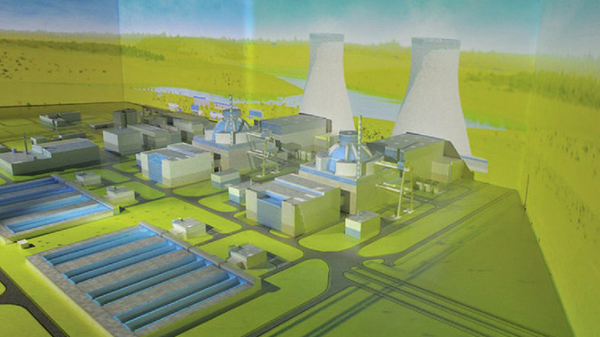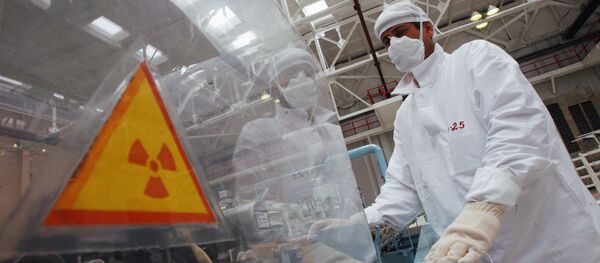As some claim that Turkey is distancing itself from its Western energy-business partners after the failed coup attempt of July 15, the country appears to be increasing focus on its technological capabilities and access to clean energy, as a means of becoming energy independent.
Ankara has opted to cooperate with Beijing, ratifying an agreement which includes not only nuclear power plant construction on Turkish territory, but also joint nuclear power development with China and the US.
The Chinese State Nuclear Power Technology Corporation will implement technologies obtained in collaboration with US-based Westinghouse Electric company. The potential technological tripartite arrangement could result in significant regional and global political clout, according to the Asia Times.
After a successful contract with Russia in 2010 to build Turkey's first nuclear plant in Akkuyu, Ankara made plans for a second plant, to be located in Sinop, on the Black Sea. Among potential partners were Japan, a plan which was suspended following the Fukushima disaster. Canada, China and South Korea were also considered as possible partners. Although Beijing's financing made the Chinese option attractive, the Turkish government in May 2013 awarded the construction of the second Turkish nuclear power plant to a Japanese-French consortium.
In June, Turkish Energy Minister Berat Albayrak, during a visit to China for the G20 Energy Ministers Meeting, signed a memorandum of understanding for the mutual development of nuclear power technologies. In August, China's deputy minister of foreign affairs, Zhang Ming, visited Turkey to express solidarity with the country's elected government and to discuss energy issues. Ratification of a 2012 nuclear cooperation agreement with China came soon after.
Currently, the Chinese State Nuclear Power Technology Corporation (SNPTC) is close to winning the competition to construct Turkey's third nuclear power plant, slated to cost some $25 million and have a 5,000-megawatt capacity.



